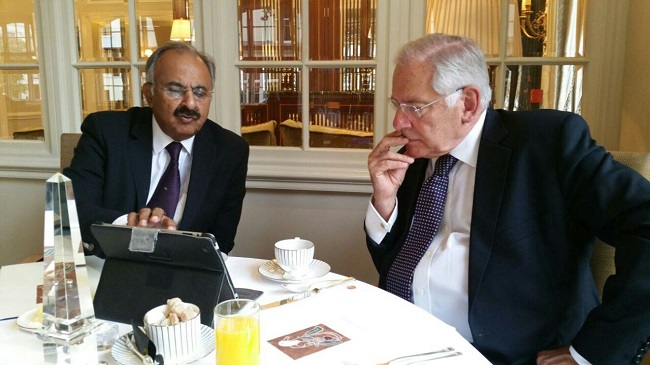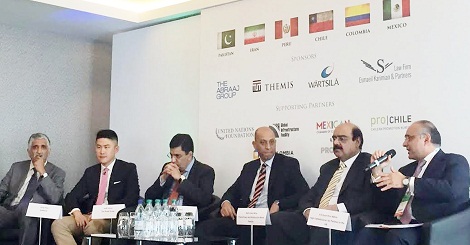Kashmir’s plight highlights a wider, deeper crisis in Indian controlled territories
London: As Kashmiris across the world once again this year protested on 27th October, marking it as a ‘black day’ anniversary of India’s military invasion of their homeland in 1947, the continuing crisis in the region was rightly highlighted amidst the unfortunate paralysis of the international community. Over seven decades have passed since that military action and the tragic history of the region since then tells a terrible story of the denial of freedom, tens of thousands of deaths of innocent civilians, arbitrary detention and imprisonment, torture, political prisoners, media clampdowns and many other egregious abuses. As matters stand, there is no longer even a pretence of compliance with international law or UN Resolutions by an Indian state that has, especially since August last year, unashamedly taken the abuses to another level.
In joining Kashmiris on one such protest in Birmingham last week, I intended to express the solidarity of the Sikhs with the traumatised people of Kashmir. That solidarity is founded on a Sikh tradition and value system that teaches us to stand up to unjust rule and to champion the interests of the oppressed. That solidarity is founded on the self-evident reality that the Sikh nation has been equally oppressed by the same rogue state, breaching the same international laws in a near identical manner over broadly the same period. That solidarity is also based on an understanding that Sikhs and Kashmiris should work together to dismantle Indian colonial rule over our respective homelands.
The Indian state is a serial violator of human rights, both individual and collective. The collective right of self-determination is universally recognised as the only effective guarantee of all other human rights, as well as the only peaceful means of conflict resolution in such conflict zones. India’s genocide of the Sikhs and Kashmiris has compounded the underlying issue – which is that India has rejected the right of self-determination. It has done so ‘on the ground’ through military force, as well as officially at the United Nations by way of a written ‘reservation’ to Article 1 of the 1966 Covenant on Civil and Political Rights. Just last August the UN’s Human Rights Committee again formally requested India to drop that unlawful ‘reservation’, but India continues to ignore the UN and humanitarian norms.
Those proud nations that refuse to accept Indian colonialism, including those in the North East region, should work together and secure international support if they are sincere about freedom. It may take time, but history shows that colonialism will ultimately fail. The sooner Modi and his Hindutva henchmen are stopped, the better; working together as a coalition will hasten that outcome.
Ranjit Singh Srai, Coordinator of the Self-Determination Council, The World Sikh Parliament





